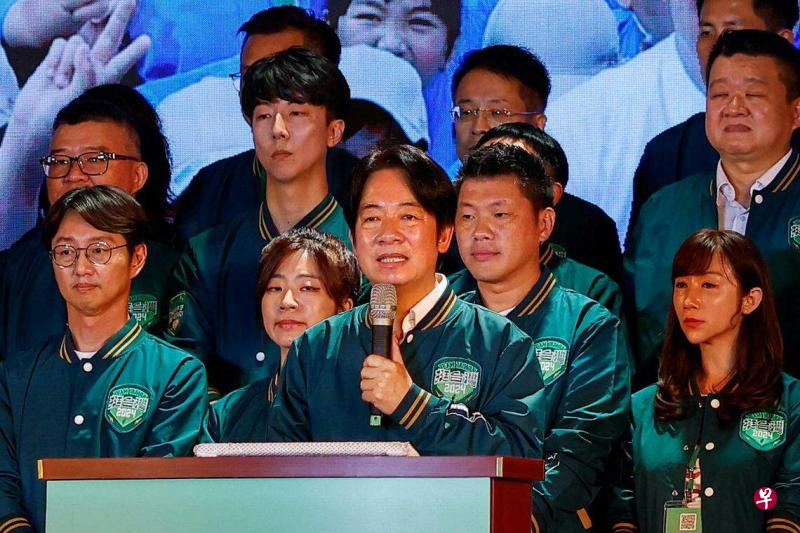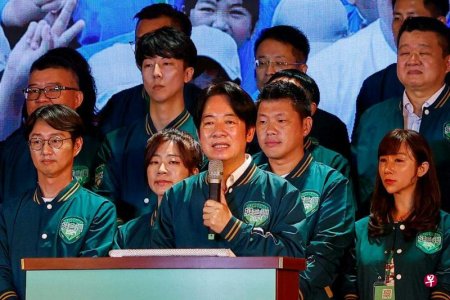
Taiwan Vice President Lai Ching-te led a delegation to visit Paraguay as a special envoy of the Presidential Office on August 12 to attend the inauguration ceremony of Paraguay's new president. They made round-trip stops in New York and San Francisco, but did not enter the capital Washington, D.C. (Washington).
The Taiwan government held a press conference on Wednesday (August 2) to announce Lai Ching-teh's plans to visit abroad. Deputy Foreign Minister Yu Da? said that the delegation departed on the afternoon of August 12, passed through New York on the 13th, left the country on the same day, and arrived in Paraguay on the 14th.
Lai Qingde will attend the inauguration ceremony of the new Paraguayan President Pena Peña on August 15th. He will stop by San Francisco on the 16th and return to Taiwan in the early morning of the 17th. The whole journey will last seven days and six nights.
Yu Da? said that when Lai Qingde’s transit itinerary was coordinated with the US side at the beginning, Washington, Virginia, and Arlington were not included; the relevant administrative procedures for transiting through the United States are still being planned and will be explained to the public at an appropriate time.
On Tuesday, Taiwanese media quoted an anonymous foreign-related high-level official, saying that Qin Rixin, the deputy representative of the Kuomintang in the United States, spread rumors that "Lai Qingde sent representatives to try to transit through Washington." Confidential?
The American Institute in Taiwan (AIT) has its Washington headquarters in Arlington, Virginia. Xie Feng, Chinese ambassador to the United States, said on July 19 that the top priority is to block Lai Qingde's visit to the United States, "this gray rhino that is rushing towards us", and Beijing's response will be the focus of attention.
In this regard, Yu Daxie said that Taiwan's vice president's visit to the United States will be handled in accordance with the principles of comfort, convenience, safety and dignity; the transit plan has been in place for a long time, and it should not cause discomfort to other parties or an excuse to deepen conflicts.
Taiwan will hold a presidential election on January 13 next year. Lai Ching-teh is the Democratic Progressive Party's presidential candidate. The level and specifications of the reception in the United States have attracted much attention. The founder of Hon Hai, Terry Gou, is visiting the United States this week. KMT presidential candidate Hou Youyi and People's Party candidate Ke Wenzhe will also visit the United States in the near future. The specifications of the four received by the U.S. side will be examined and compared, which will inevitably affect the momentum of the election campaign.


